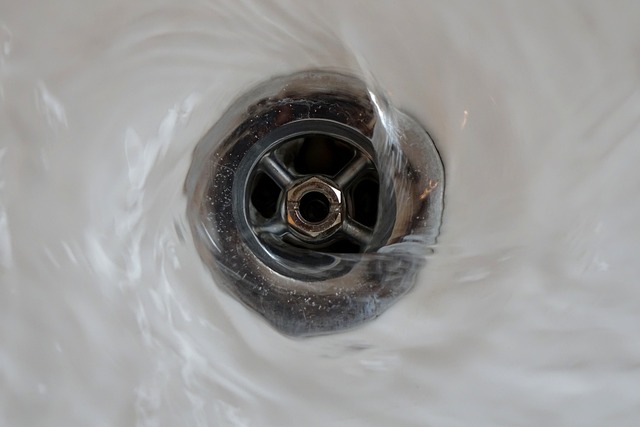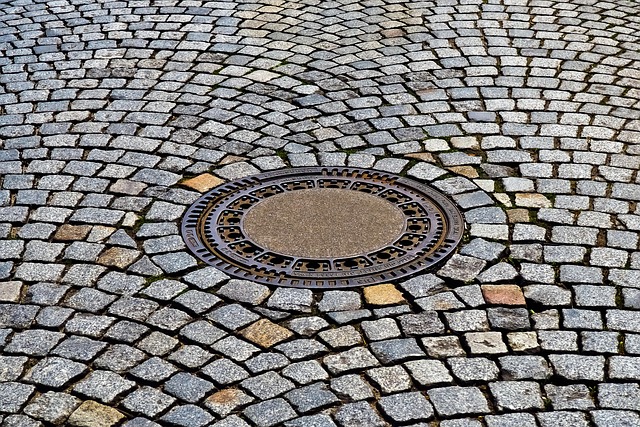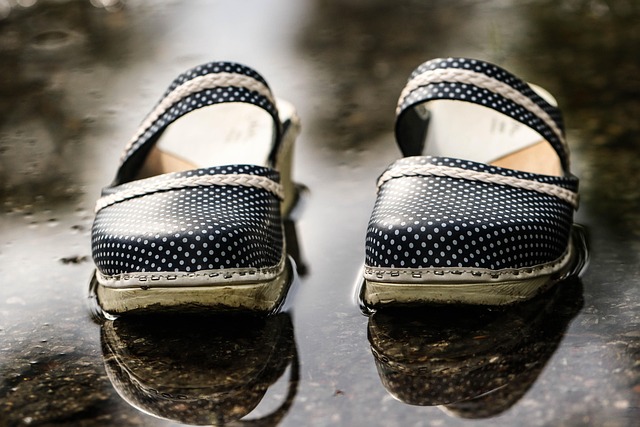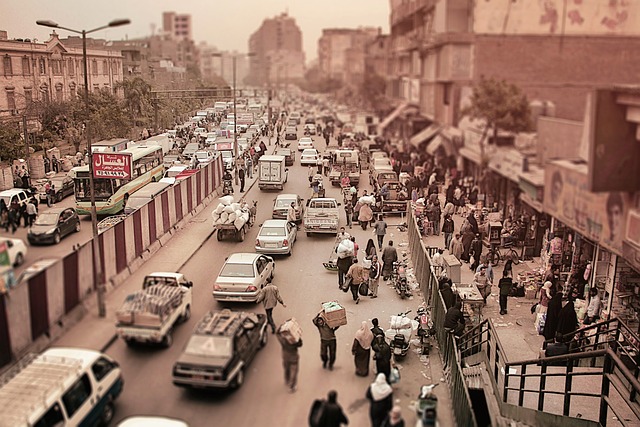Recognizing early signs of a clogged drain, such as water backing up, slow draining, foul odors, or gurgling noises, is crucial for preventing bigger drainage issues. Common causes include hair buildup, grease, foreign objects, and tree roots penetrating pipes. If these signs persist, consider professional plumbing help immediately to avoid damage from complex blockages that require specialized equipment. Regular maintenance can prevent serious drain problems.
Are you noticing water rising in your drains? It could be an ominous sign of a clogged drain, a common household problem. This article guides you through recognizing the subtle signs of a clog, understanding the leading causes, and knowing when to call in professional help for effective drain cleaning. By identifying these #SignsOfACloggedsDrain early, you can prevent costly damage and maintain a smooth-running home plumbing system.
- Recognizing the Signs of a Clogged Drain
- Common Causes of Drain Blockages
- When to Call in the Professionals for Drain Cleaning
Recognizing the Signs of a Clogged Drain

Recognizing the signs of a clogged drain is crucial for timely intervention. One of the most obvious #SignsOfACloggedDrain is water backing up in your sink or bathtub. If you notice that water levels rise unusually high when you run water down the drain, it could indicate a blockage. This happens because the drainage system can’t efficiently remove the water, causing it to overflow.
Another common sign is a distinct odor coming from your drains. Rotten egg smell, in particular, is often linked to a clogged pipe as bacteria breaks down waste materials. Additionally, if you hear gurgling noises or observe that your drains take unusually long to drain, these could also point towards a clog. These signs should prompt you to investigate further and address the issue promptly to avoid more severe drainage problems.
Common Causes of Drain Blockages

Drain blockages can arise from a variety of causes, often indicating signs of a clogged drain. One of the most common culprits is accumulating hair and grease buildup in your pipes. Hair from showers and baths, along with cooking oils and greases, can congeal and solidify, forming a sticky residue that gradually clogs your drains. Another frequent cause is foreign objects accidentally or intentionally flushed down the toilet or poured into sinks, such as sanitary napkins, wipes, toys, or grease-containing materials. Even tree roots seeking out water sources can penetrate pipes and lead to blockages, especially in older plumbing systems. Understanding these common causes of drain blockages is essential for recognizing the signs of a clogged drain early on.
When to Call in the Professionals for Drain Cleaning

If you’ve noticed persistent #Signs of a Clogged Drain, it’s time to consider professional help. While there are DIY methods and home remedies for unclogging drains, some obstructions require specialized equipment and expertise. A qualified plumber can identify complex issues like root intrusions, pipe damage, or foreign objects causing the blockage.
Regular maintenance often prevents serious drain problems, but when water rises beyond normal levels or backups occur frequently, it’s a clear indicator that professional intervention is necessary. Don’t delay; prompt action by experts can save you from potential plumbing disasters and ensure your home remains free from water-related damage.
If you’ve noticed persistent slow drainage or distinct odours, it’s likely your drains are clogged. Understanding these signs and common causes is the first step towards maintaining a smooth-flowing home. While some blockages can be addressed with DIY methods, severe cases require professional intervention to prevent further damage. Remember, timely action on #SignsOfACloggedDrain can save you from costly repairs and keep your plumbing system running smoothly.
